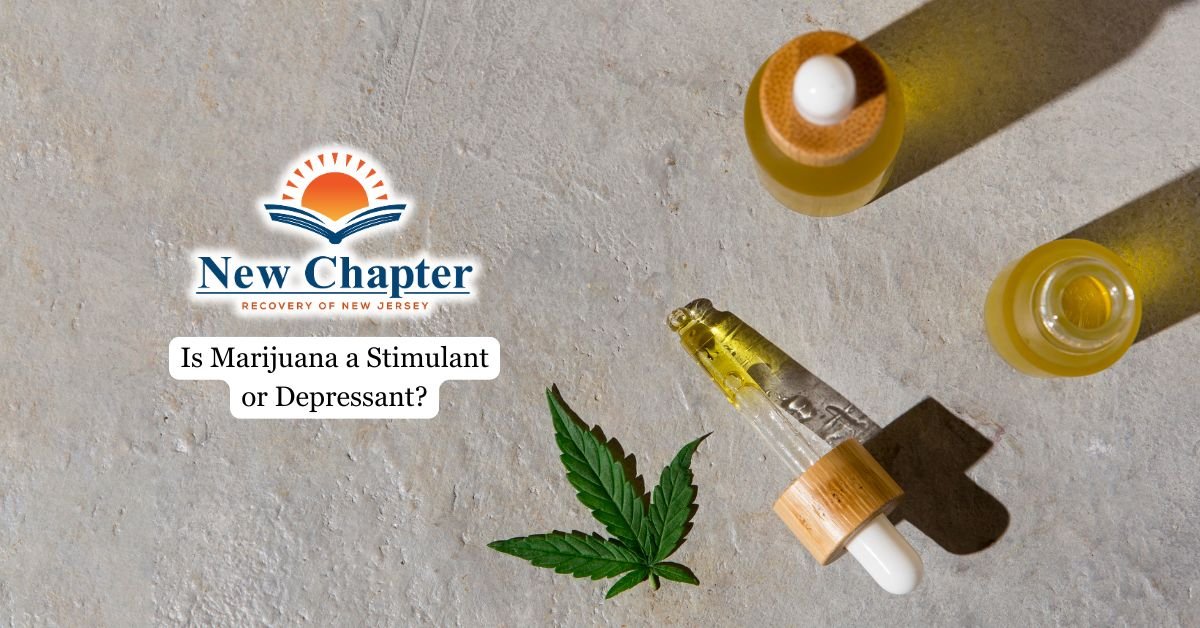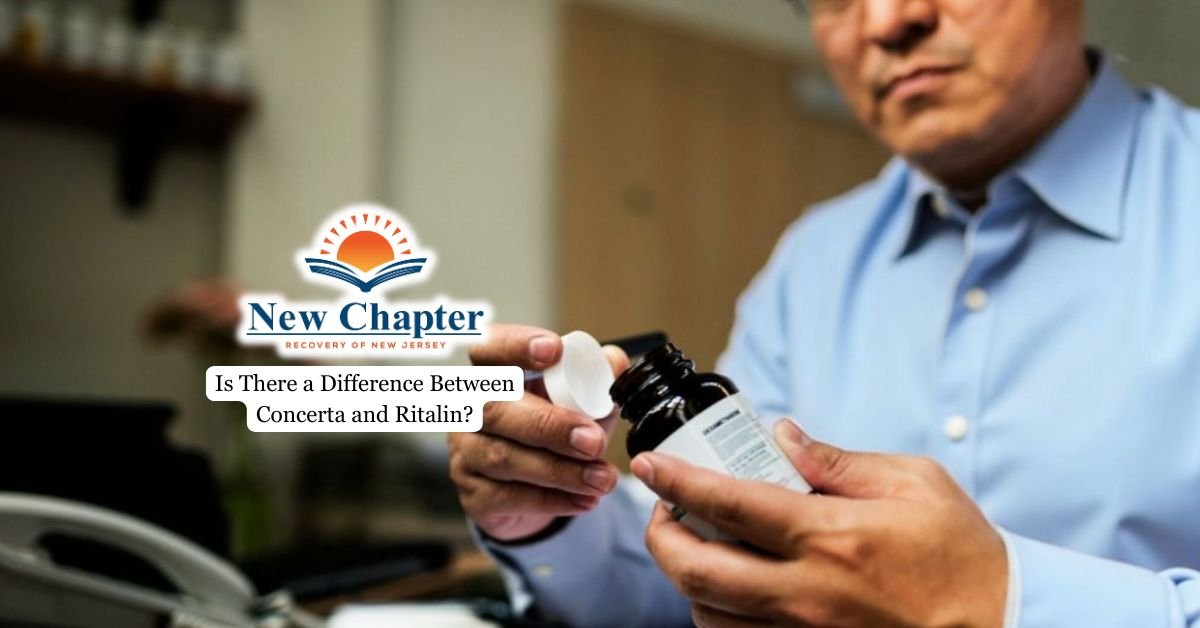Drug and alcohol addiction affects workers across all professions, but data show that some jobs experience significantly higher rates of substance use disorders and substance abuse than others. Understanding which professions have the highest rates of drug abuse can help employers, treatment providers, and individuals recognize risks and tailor prevention and recovery efforts.
In this article, we will outline the professions with the highest rates of alcohol and substance abuse and addiction. We’ll examine contributing factors, share relevant statistics from national surveys on drug use and health, and discuss how these rates relate to workplace conditions and mental health challenges.

Substance Abuse Across Different Professions
Substance misuse and addiction don’t discriminate by profession, but veterans often face higher rates due to unique stressors and service-related challenges. Drug or alcohol addiction rates tend to be elevated in jobs with high physical or emotional demands, irregular hours, or easy access to alcohol, illicit drugs, or prescription medications.
According to the CDC, rates of drug use and alcohol abuse can vary widely by profession, influenced by factors such as mental health conditions, high-stress work environments, and social norms within certain industries.
For example, professions where workers experience chronic pain, injury, or trauma may have higher rates of opioid use and prescription drug misuse. Recognizing these patterns is essential for developing effective addiction treatment for veterans and other vulnerable workers, and also establishing workplace support strategies for those struggling with addiction.
Professions With the Highest Rates of Drug Abuse and Addiction
First Responders and Military Personnel
Police officers, firefighters, paramedics, and military members experience some of the highest addiction rates due to exposure to trauma, emergency scenarios, and stressful schedules. Estimates indicate that 20–30% of police officers struggle with substance use issues, compared to about 10% in the general population. Firefighters report high levels of alcohol abuse and misuse of prescription drugs, attributed to emotional strain and shift work. Military personnel and veterans also face increased rates of substance use disorders, particularly alcohol addiction, linked to combat stress and reintegration challenges.
Arts and Entertainment Industry
The arts and entertainment industry, including musicians, actors, and other performers, is similarly affected by high rates of substance misuse. Contributors to these high rates include intense career pressures, unpredictable schedules, constant public scrutiny, and frequent social scenarios where drugs and alcohol are accessible. Addiction rates in this industry are also linked to mental health challenges, as individuals may self-medicate to cope with stress and performance anxiety.
Construction and Mining
The construction industry also sees high rates of substance abuse, with workers reporting illicit drug use and heavy alcohol use. Construction workers face physically demanding and hazardous working conditions, often accompanied by chronic pain and injury, which can increase opioid misuse and addiction risks.
Mining and quarrying workers also have high rates of alcohol abuse. Long shifts, isolated locations, and male-dominated workplaces with gritty cultures can further increase substance abuse rates and drug overdose deaths within these fields.
Healthcare Professionals
Healthcare workers, including doctors, nurses, and emergency medical personnel, are vulnerable to illegal drug use and addiction due to high-stress work environments and easy access to prescription drugs. Studies estimate that roughly 10% of doctors and up to 20% of nurses struggle with substance use disorders at some point in their careers. Prescription drug abuse, particularly opioids and sedatives, is notably higher among healthcare professionals than many other professions. Stress, burnout, and the emotional toll of their jobs often contribute to these higher rates of drug and alcohol addiction.
Legal Professionals
Lawyers and judges face significant stress, long hours, and heavy workloads, making them prone to substance misuse. Data suggest that about 20% of attorneys experience problems with alcohol, tobacco, or sedatives, which is higher than the general population rate of substance use disorder. The high-pressure environment and stigma around seeking help within this profession can exacerbate addiction issues.
Transportation and Warehousing
Workers in transportation and warehousing, such as truck drivers, report elevated rates of stimulant use and alcohol use disorder. The nature of the job—long hours on the road, isolation, irregular shifts, and pressure to meet deadlines—creates triggers for substance use. Research shows that stimulant use rates among truck drivers can reach over 20%, far above the general population. These professions also have high risks for accidents related to substance abuse, underscoring the need for drug testing, comprehensive addiction treatment, and prevention programs.

Common Risk Factors Contributing to High Addiction Rates
The higher rates of substance abuse observed in these professions are influenced by common factors:
- High levels of job-related stress, emotional strain, and trauma exposure.
- Long, irregular, or night shifts that disrupt healthy routines.
- Access to prescription drugs or exposure to substances on the job.
- Workplace cultures where drug and alcohol use is normalized or overlooked.
- Mental health issues, including depression and anxiety, are linked to addiction.
- Physical pain, injury, and chronic health conditions contributing to substance dependence.
Addressing these factors with appropriate addiction treatment, mental health support, and workplace interventions is essential to reduce substance misuse and increase recovery success.
Final Thoughts from New Chapter Recovery
While addiction can affect workers in any field, certain professions have consistently higher rates of drug abuse and alcohol addiction. Understanding the unique stressors and environmental factors that increase the risk for substance use disorders in these jobs is vital for employers, policymakers, and individuals seeking to prevent relapse and support recovery.
At New Chapter Recovery in New Jersey, our outpatient rehab programs are committed to helping individuals from all walks of life reclaim their lives and find lasting hope. Whether you’re a veteran, active-duty military member, first responder, healthcare worker, educator, laborer, or business professional, we understand that every journey is unique. By combining trauma-informed care, evidence-based therapies, and spiritual support, our team creates a compassionate environment where anyone struggling with addiction can truly heal and begin a new chapter free from drugs and alcohol.






